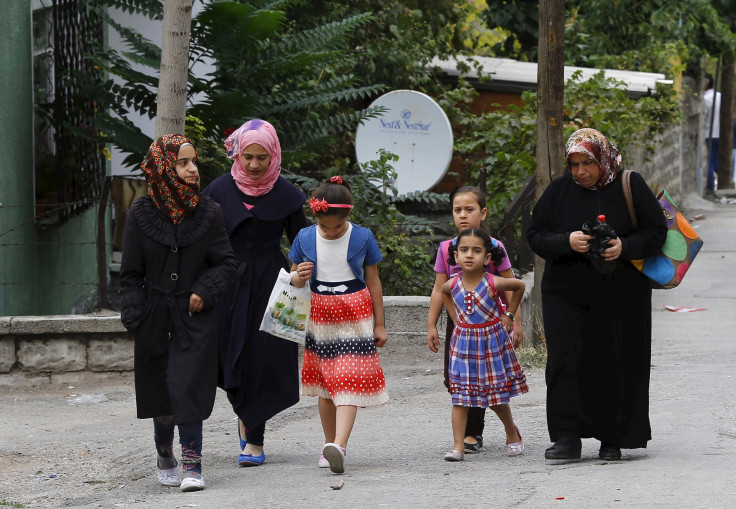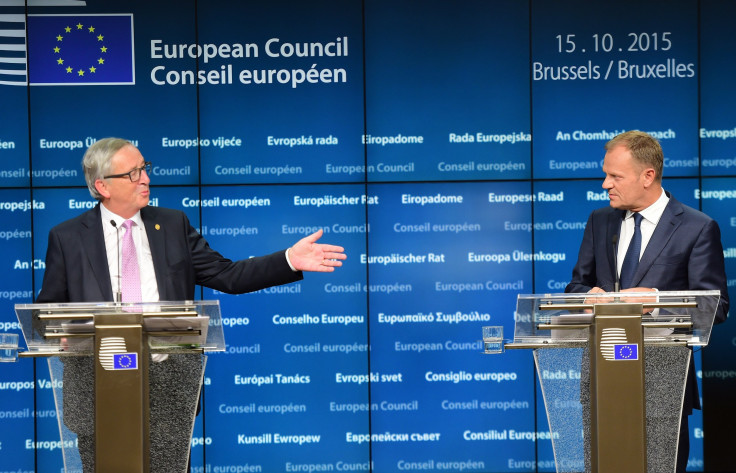Europe's Refugee Crisis: EU Leaders Seek Turkey's Assistance, Offer Cash And Closer Ties

The European Union agreed on an action plan Thursday that called for stepping up “political and financial engagement” with Turkey to stem the flow of refugees to Europe. The joint action plan -- agreed by leaders of the 28-nation bloc at a meeting in Brussels that ended after midnight -- also includes promises of easing visa restrictions for Turkish citizens and accelerating the country’s EU membership talks in exchange for increased cooperation.
Also, while the plan did not put a figure on the financial assistance that would be provided to Turkey, media reports suggest that the EU is prepared to offer 3 billion euros ($3.4 billion) in aid.
However, it is not yet clear where the funds would come from. A previous plan, which sought to provide approximately $2 billion to help African nations better manage their borders, is still stuck in limbo, with less than $14 million pledged so far by only three nations in the bloc.
“Our intensified meetings with Turkish leaders here in Brussels, Ankara, and in New York in the last couple of weeks, were devoted to one goal -- stemming the migratory flows that go via Turkey to the EU,” European Council President Donald Tusk said at a press conference in Brussels, expressing “cautious optimism” over the deal.

“Still, as I made clear from the very start, an agreement with Turkey makes sense only if it effectively contains the flow of refugees,” he added. “If we are not able to find humanitarian and efficient solutions, then others will find solutions which are inhumane, nationalistic and for sure not European.”
So far this year, more than 600,000 migrants and refugees have crossed the Mediterranean Sea to enter Europe, triggering the region’s biggest refugee crisis since World War II. Despite launching several naval operations in the Mediterranean to tackle human traffickers, European nations continue to struggle with the influx of refugees -- most of whom are fleeing violence and poverty in the Middle East and sub-Saharan Africa.
Earlier this month, Turkish President Recep Tayyip Erdogan chided the EU for failing to do its part in assisting the refugees.
“While we host 2.2 million refugees, Europe as a whole houses less than 250,000 refugees in total,” Erdogan reportedly said. “What do they say to us? ... ‘Oh, my, don’t open your doors, don’t let them reach us.’”
© Copyright IBTimes 2025. All rights reserved.






















